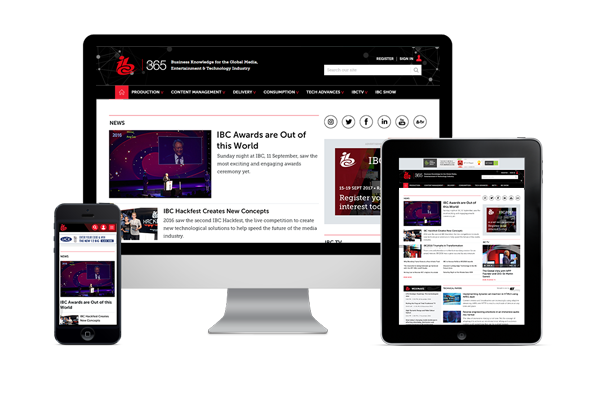HBO Max: Too late to the streaming party?

Despite a powerful programming line-up, the jury is out on whether the costly HBO Max can carve out a space for itself in the crowded streaming market. Tim Dams reports on WarnerMedia’s OTT play in IBC365’s series on new SVOD platforms.
Read the full article

Sign up to IBC365 for free
Sign up for FREE access to the latest industry trends, videos, thought leadership articles, executive interviews, behind the scenes exclusives and more!
Already have a login? SIGN IN

















